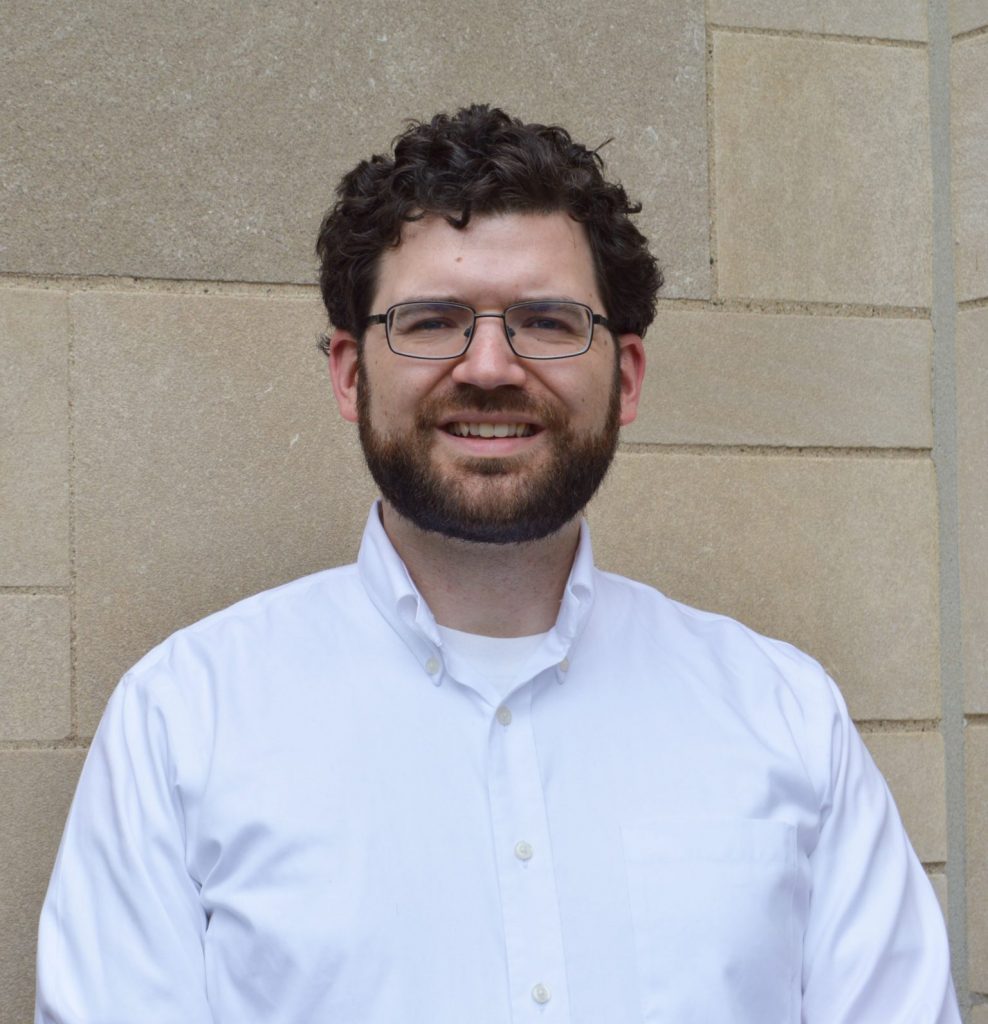 From our Parish FOCUS Missionary, Joseph Gruber…
From our Parish FOCUS Missionary, Joseph Gruber…
It’s been a bit of a year, Jackson family! And it’s not over yet! Between a pandemic, protests, and a presidential election year, some might say it’s hard to live out a blessed life under these circumstances.
But if we look at what Jesus says about a blessed life in Matthew 5, we see that in between all those “Blessed are those…”and nice effects are inserted the worst things we can think of. Poverty, hungering for justice, mourning, weeping, persecution, peace-making (when we’d rather make war), purity (when it’s so easy to be impure), and mercy-giving (when we’d rather leap to conclusions and condemn out of hand).
It’s like Jesus wants us to live in this broken reality, and not in a fantasy of everything-is-fine. Moreso, it’s like He thinks the only way we really can experience blessing is by entering more deeply into the brokenness around us.
We see Him enter into broken reality in this Sunday’s gospel—John the Baptist is killed by Herod, and Jesus goes off to mourn. When crowds follow, He doesn’t resent the interruption; rather, He sees their needs and is moved to pity for them. Then He invites His disciples into that need—they want to avoid it and say that the crowd has its own problems, and should have its own solutions.
Jesus presses them, and it turns out they only have five loaves and two fish for the twelve, plus Jesus, plus any other disciples around (and there are probably many more)-which is already stretched thin.
To face the hunger of the crowd as something relevant to the disciples is at the same time to face their own hunger. To say that the problems of others are relevant to us is at the same time to have say that we have problems. This is where Jesus wants to meet us. This is when Jesus extends blessing.
We can test this. When do we feel the most alive, the most aware, the most open to life-changing relationships? Is it when we focus on our own problems to the exclusion of others? Or when we focus only on other people’s problems to the exclusion of our own? Or when we allow others into our problems and they allow us into theirs? I have a hunch that it’s only in the last one where we find Jesus again and again.
As tensions continue to build in this 2020 year, may I suggest that we take time to see the legitimate needs of others, without ignoring our own? And may I suggest that we keep our eyes open at the intersection of our problems; I think we’ll find Jesus there.
Joseph Gruber, MA
Parish FOCUS Missionary